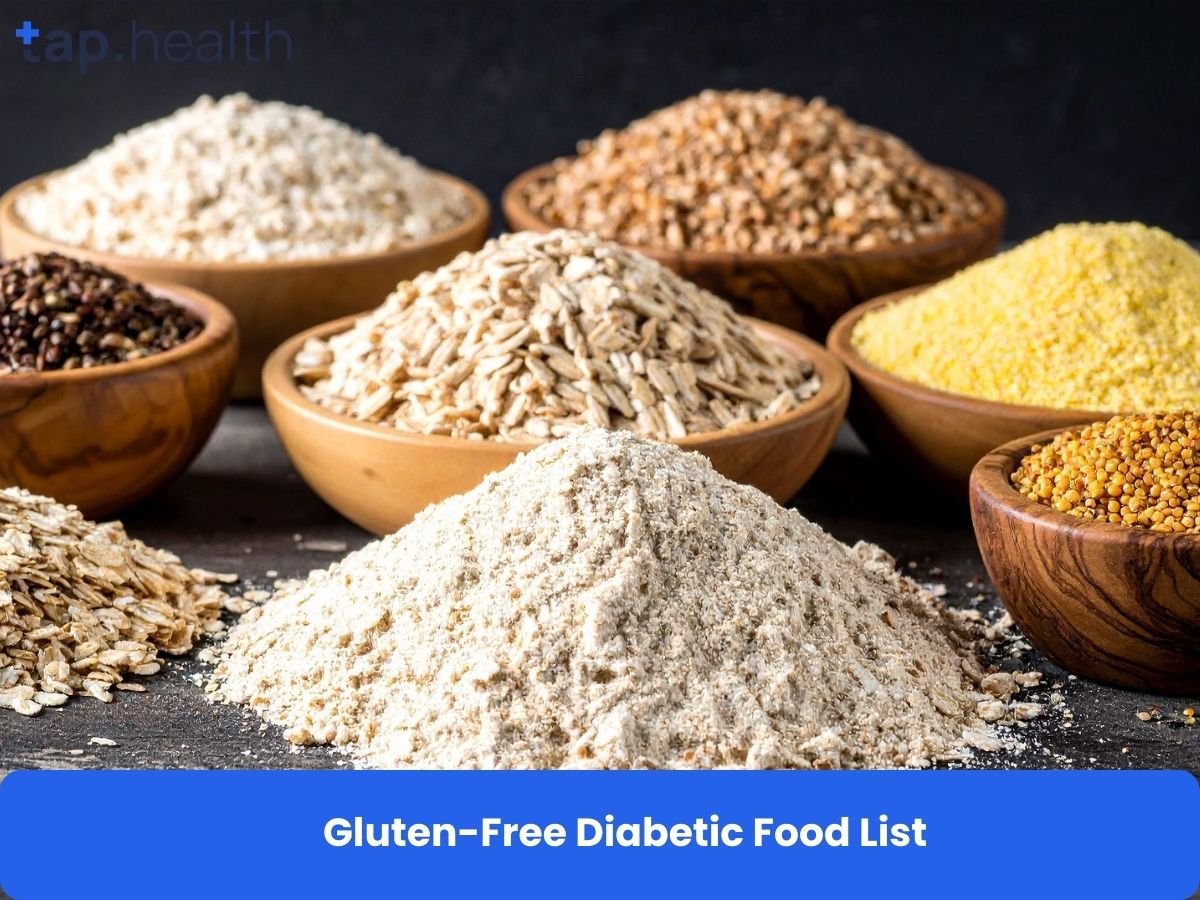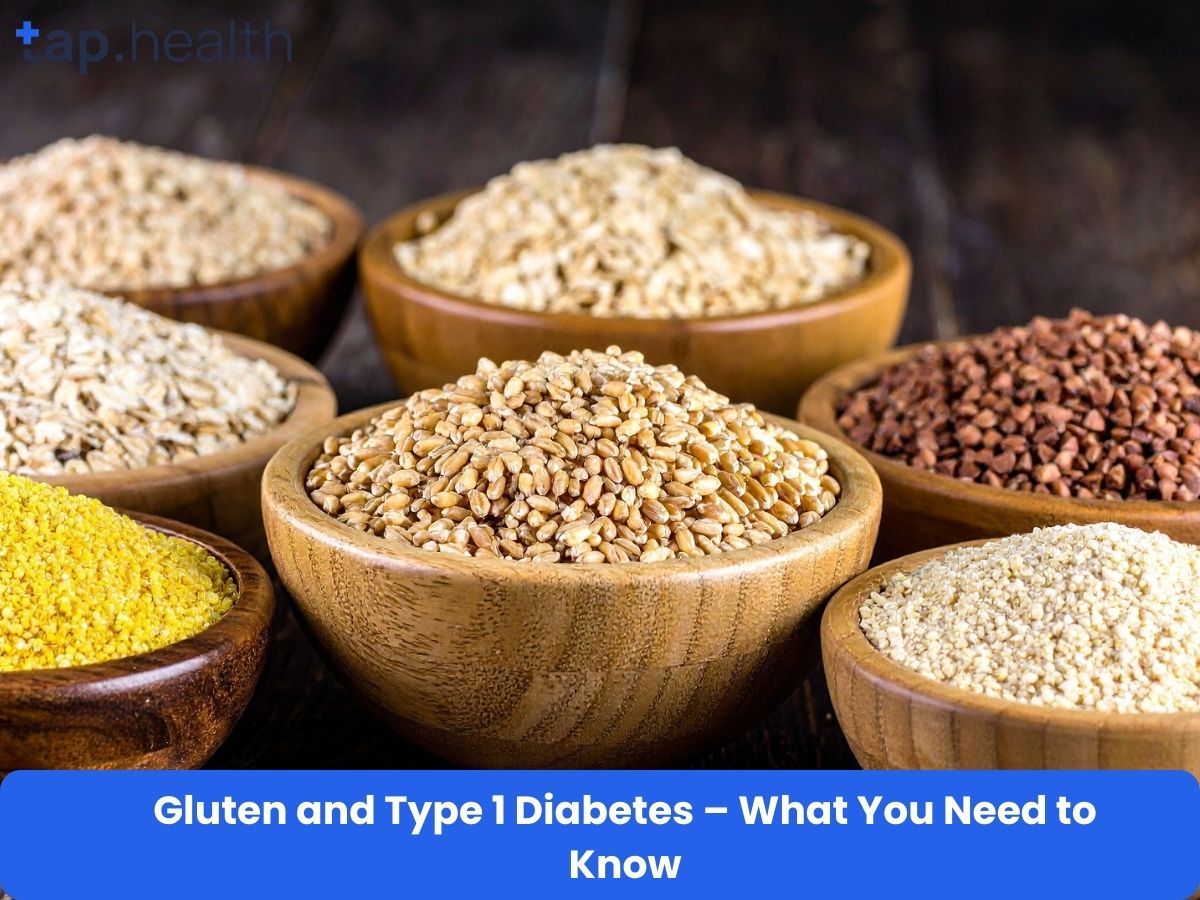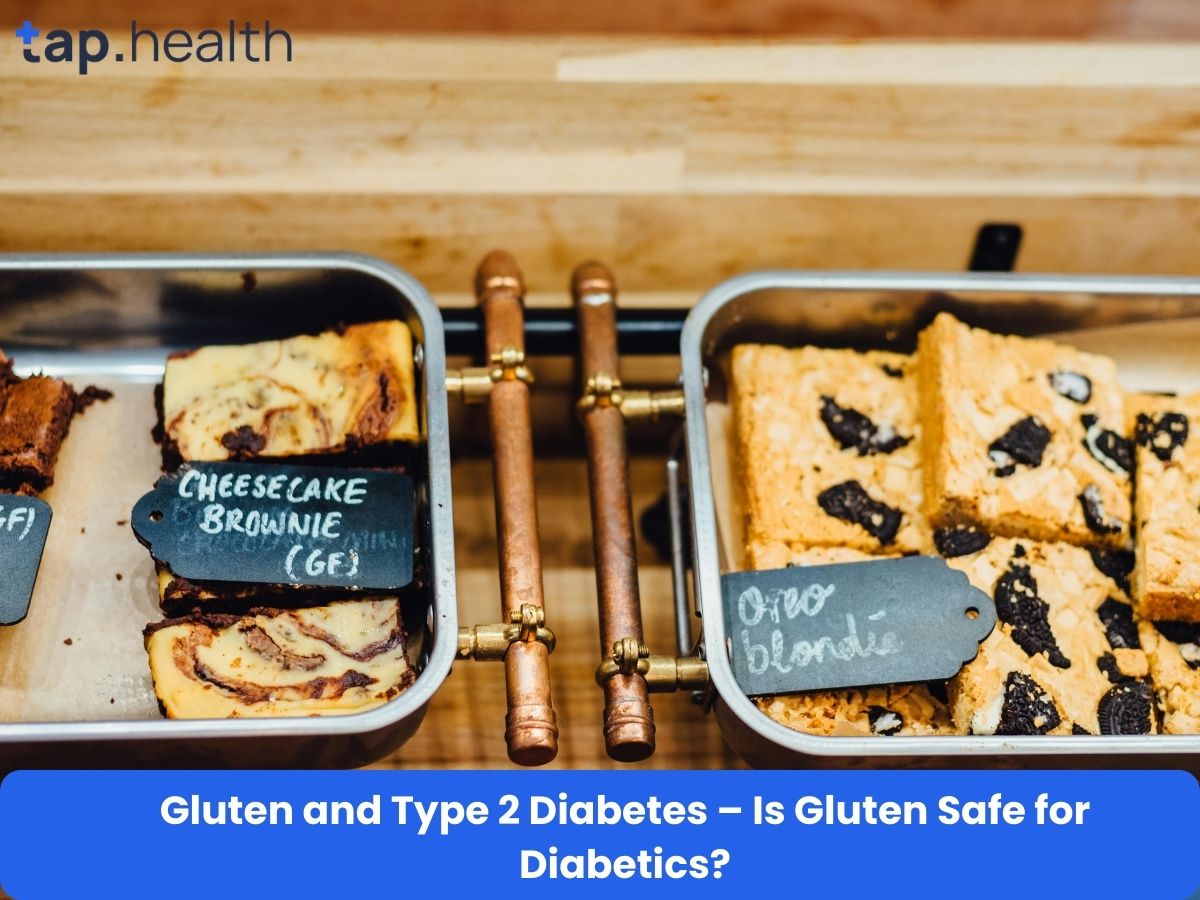Acid reflux and GERD (Gastroesophageal Reflux Disease) are common digestive conditions that can cause discomfort and affect daily life. While medical treatment is available, many people can manage these conditions effectively with lifestyle changes and home remedies.
What is Acid Reflux?
Acid reflux occurs when stomach acid flows back up into the esophagus, leading to a burning sensation in the chest or throat. It’s commonly known as heartburn and can occur occasionally after eating certain foods or lying down shortly after a meal.
What is GERD?
GERD is a chronic condition where acid reflux occurs frequently or severely, causing inflammation and potential damage to the lining of the esophagus. Unlike occasional heartburn, GERD requires ongoing management to prevent complications.
What are the Symptoms of Acid Reflux & GERD?
Symptoms of Acid Reflux:
- Heartburn: A burning sensation in the chest, often after eating, which may worsen when lying down or bending over.
- Regurgitation: Sour or bitter-tasting acid backing up into the throat or mouth, especially after meals or when lying down.
- Difficulty Swallowing: A sensation of food sticking in the chest or throat, known as dysphagia.
- Chronic Cough: Persistent coughing, often worsened by lying down or after eating, due to irritation of the throat from stomach acid.
- Sore Throat: Irritation or inflammation of the throat, sometimes accompanied by hoarseness, caused by acid reflux affecting the throat tissues.
Symptoms of GERD (Gastroesophageal Reflux Disease):
- Frequent Heartburn: Occurs two or more times a week, often disrupting sleep or daily activities.
- Persistent Regurgitation: Acid reflux episodes are more frequent and severe, leading to more frequent regurgitation into the throat.
- Esophageal Damage: Over time, stomach acid can cause inflammation, ulcers, or strictures (narrowing) in the esophagus.
- Respiratory Issues: Wheezing, asthma-like symptoms, or worsening of existing asthma due to acid irritating the airways.
- Barrett’s Esophagus: A condition where the lining of the esophagus changes due to prolonged exposure to stomach acid, increasing the risk of esophageal cancer.
Understanding these symptoms helps individuals recognize when they might be experiencing acid reflux or GERD, prompting them to seek appropriate treatment and lifestyle adjustments to manage these conditions effectively.
What are the Causes of Acid Reflux & GERD?
Causes of Acid Reflux & GERD (Detailed Explanation):
Acid reflux occurs when the lower esophageal sphincter (LES), a ring of muscle at the junction of the esophagus and stomach, becomes weakened or relaxes inappropriately. Normally, the LES acts as a valve that opens to allow food and liquid to enter the stomach and closes to prevent them from flowing back into the esophagus. When the LES weakens or relaxes abnormally, stomach acid can reflux back into the esophagus, causing irritation and the symptoms associated with acid reflux.
Factors contributing to the weakening or relaxation of the LES include:
- Obesity: Excess weight, especially around the abdomen, can put pressure on the stomach and LES, leading to increased reflux of stomach contents into the esophagus.
- Pregnancy: Hormonal changes during pregnancy, particularly the increase in progesterone, can relax the LES and contribute to acid reflux symptoms. The growing fetus also puts pressure on the abdomen, further exacerbating reflux.
- Smoking: Smoking weakens the LES and reduces saliva production, which normally helps neutralize stomach acid. Additionally, smoking can increase stomach acid production, making reflux more likely.
- Certain Foods: Spicy, acidic, or fatty foods can trigger or worsen acid reflux symptoms in susceptible individuals. These foods can relax the LES or directly irritate the esophageal lining, contributing to reflux episodes.
- Medications: Some medications can relax the LES or increase stomach acid production, making reflux more likely. Examples include calcium channel blockers (used for hypertension), nitrates, antihistamines, and some asthma medications.
- Hiatal Hernia: A hiatal hernia occurs when part of the stomach pushes up through the diaphragm into the chest cavity. This condition can weaken the LES and increase the risk of acid reflux.
- Delayed Stomach Emptying (Gastroparesis): Conditions that affect the stomach’s ability to empty properly, such as gastroparesis, can increase pressure on the LES and lead to reflux.
Understanding these underlying causes can help individuals make lifestyle changes and seek appropriate treatment to manage and reduce symptoms of acid reflux and GERD effectively. Treatment strategies often focus on addressing these causes, along with symptom management through diet, lifestyle modifications, and, in some cases, medication.
15 Home Treatments for Acid Reflux
- Healthy Diet: Avoid trigger foods such as spicy, acidic, or fatty foods that can exacerbate symptoms. Opt for lean proteins, whole grains, and vegetables.
- Eat Smaller Meals: Large meals can put pressure on the stomach and increase reflux. Eat smaller, more frequent meals throughout the day.
- Elevate Your Head: Keep your upper body elevated while sleeping to prevent acid from traveling up the esophagus. Use a wedge pillow or elevate the head of your bed.
- Avoid Late-night Snacks: Allow your stomach time to digest food before lying down. Avoid eating at least two to three hours before bedtime.
- Ginger Tea: Ginger has natural anti-inflammatory properties and can aid digestion. Drink ginger tea or chew on fresh ginger root to soothe symptoms.
- Chewing Gum: Chewing gum stimulates saliva production, which helps neutralize stomach acid and wash it back into the stomach.
- Baking Soda: A teaspoon of baking soda mixed with water can temporarily neutralize stomach acid. Use this remedy sparingly and under the guidance of a healthcare provider.
- Apple Cider Vinegar: Although acidic, diluted apple cider vinegar may help balance stomach acid levels. Mix one to two tablespoons in a glass of water and drink before meals.
- Lifestyle Changes: Quit smoking and manage stress levels through relaxation techniques like yoga or meditation, as both can exacerbate acid reflux symptoms.
- Loose Clothing: Avoid wearing tight belts or waistbands that can put pressure on the stomach and increase reflux.
- Alkaline Water: Some people find relief from drinking alkaline water, which may neutralize stomach acid. However, more research is needed to confirm its effectiveness.
- Licorice Supplements: Deglycyrrhizinated licorice (DGL) supplements may help soothe irritated esophageal lining. Take as directed by a healthcare provider.
- Aloe Vera Juice: Aloe vera juice has anti-inflammatory properties that can help reduce irritation in the esophagus. Drink a small amount (about 1/4 cup) before meals.
- Probiotics: Probiotics promote digestive health and may help maintain a balanced gut flora, reducing acid reflux symptoms for some individuals.
- Weight Management: Excess weight can put pressure on the abdomen, forcing stomach acid up into the esophagus. Maintain a healthy weight through diet and regular exercise.
When to Seek Medical Advice for GERD or Acid Reflux?
If you experience severe or persistent symptoms such as difficulty swallowing, chest pain, or frequent heartburn despite making lifestyle changes, it’s important to seek medical advice. GERD can lead to complications such as esophageal strictures or Barrett’s esophagus if left untreated.
FAQ on Home Treatments for Acid Reflux
- Q: Can I drink alcohol with acid reflux?
- A: Alcohol can relax the LES and increase stomach acid production, triggering or worsening acid reflux symptoms. Limit alcohol consumption or avoid it altogether.
- Q: How long does it take for lifestyle changes to help?
A: Individual responses vary, but most people may notice improvements within a few weeks of adopting healthier habits. Consistency is key to managing symptoms effectively.



